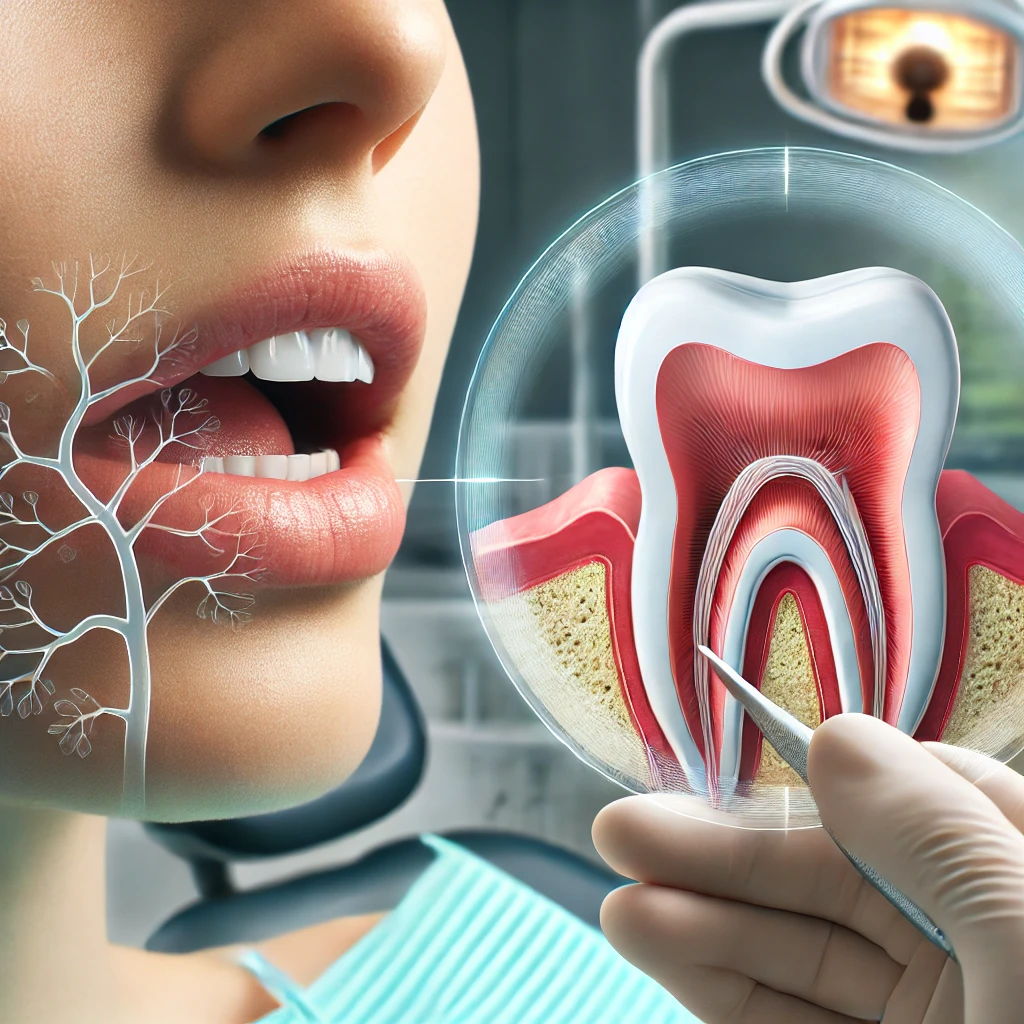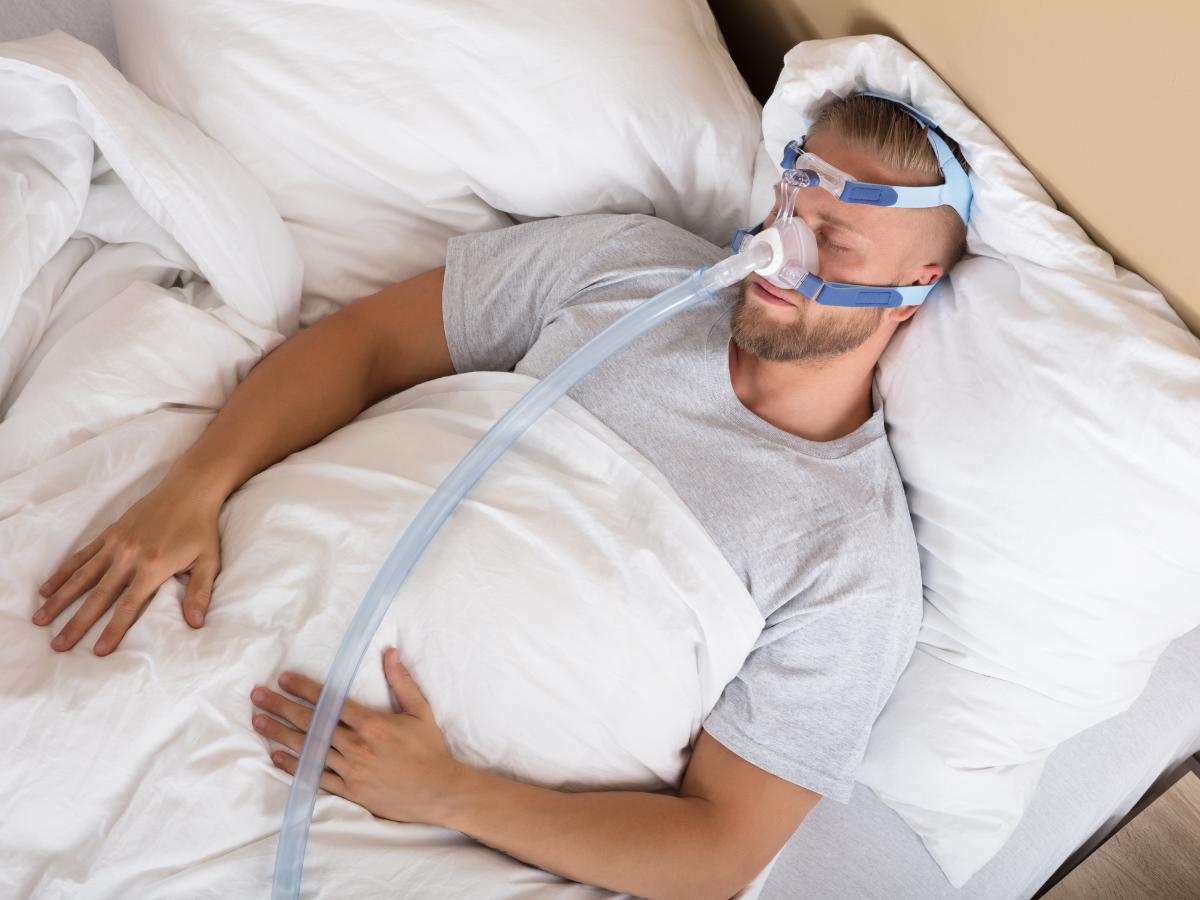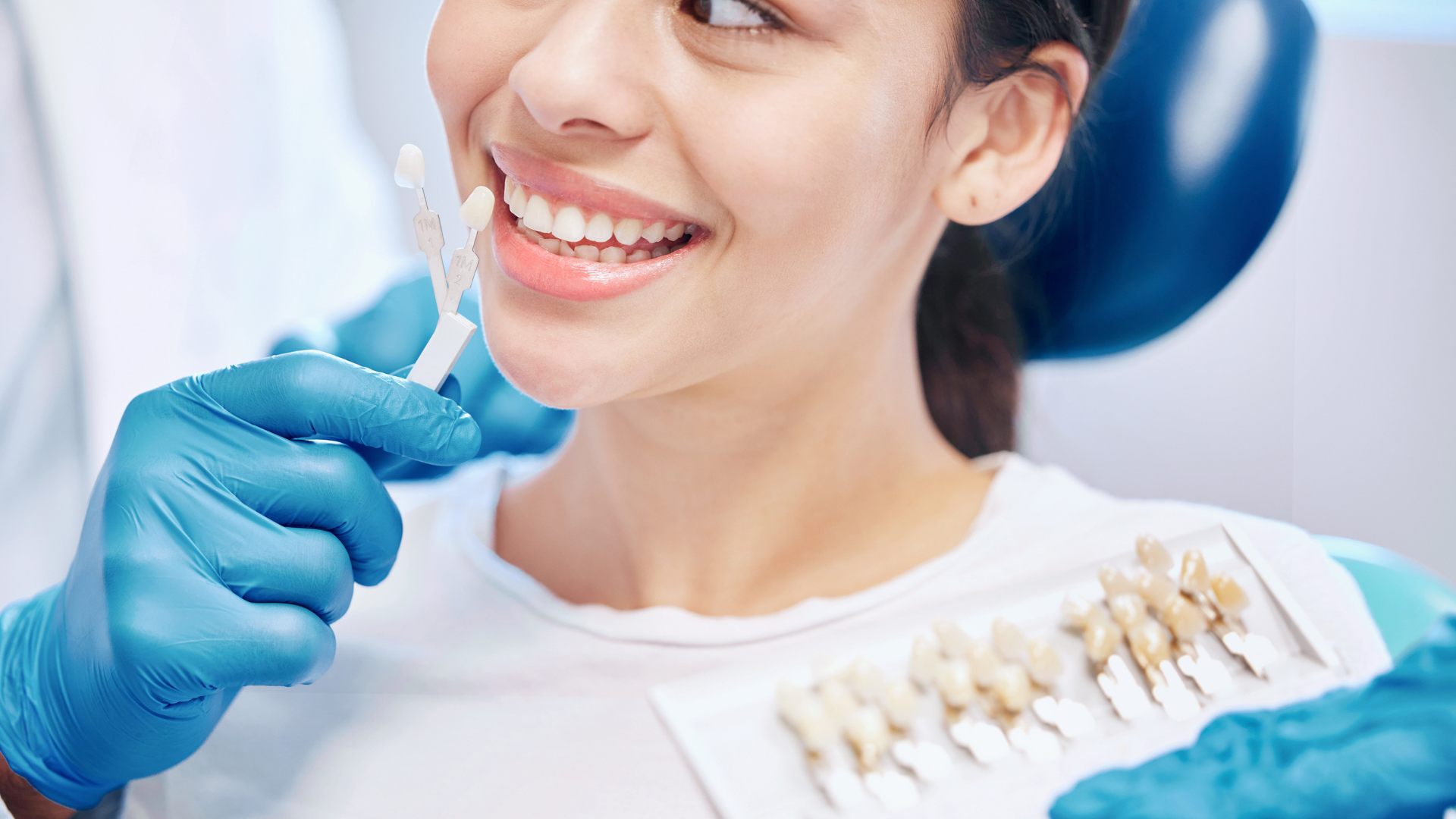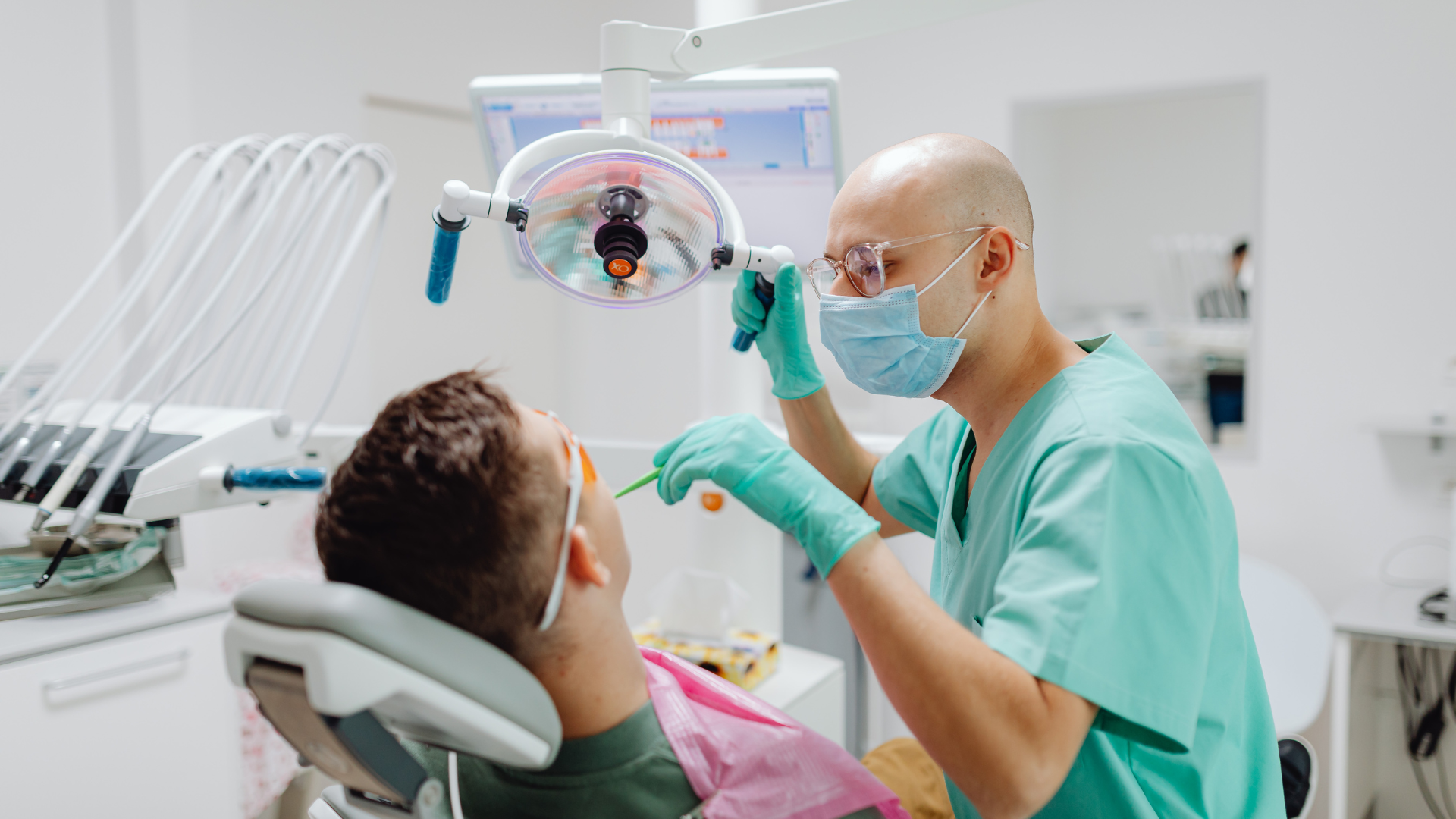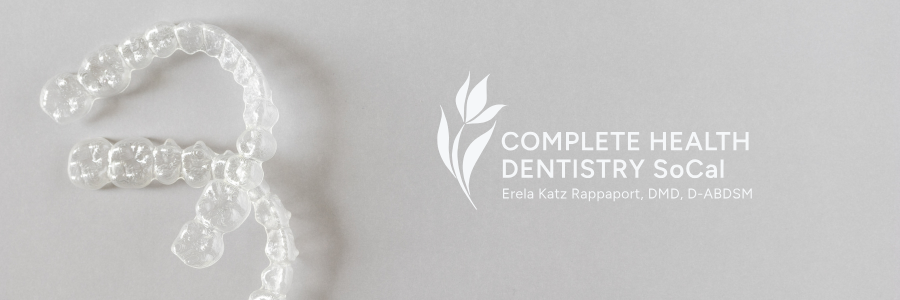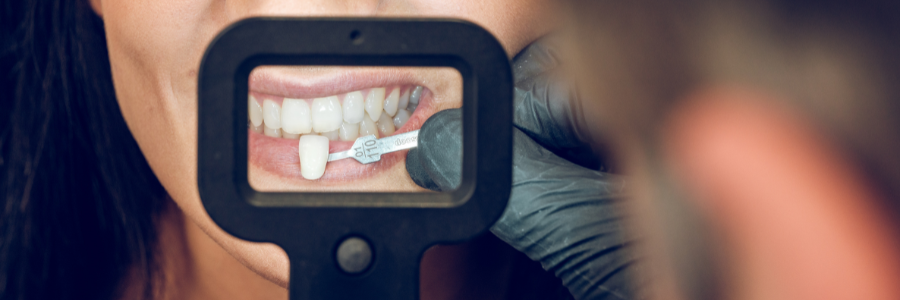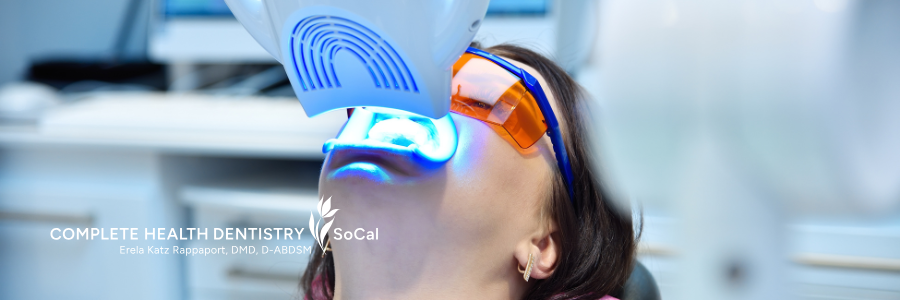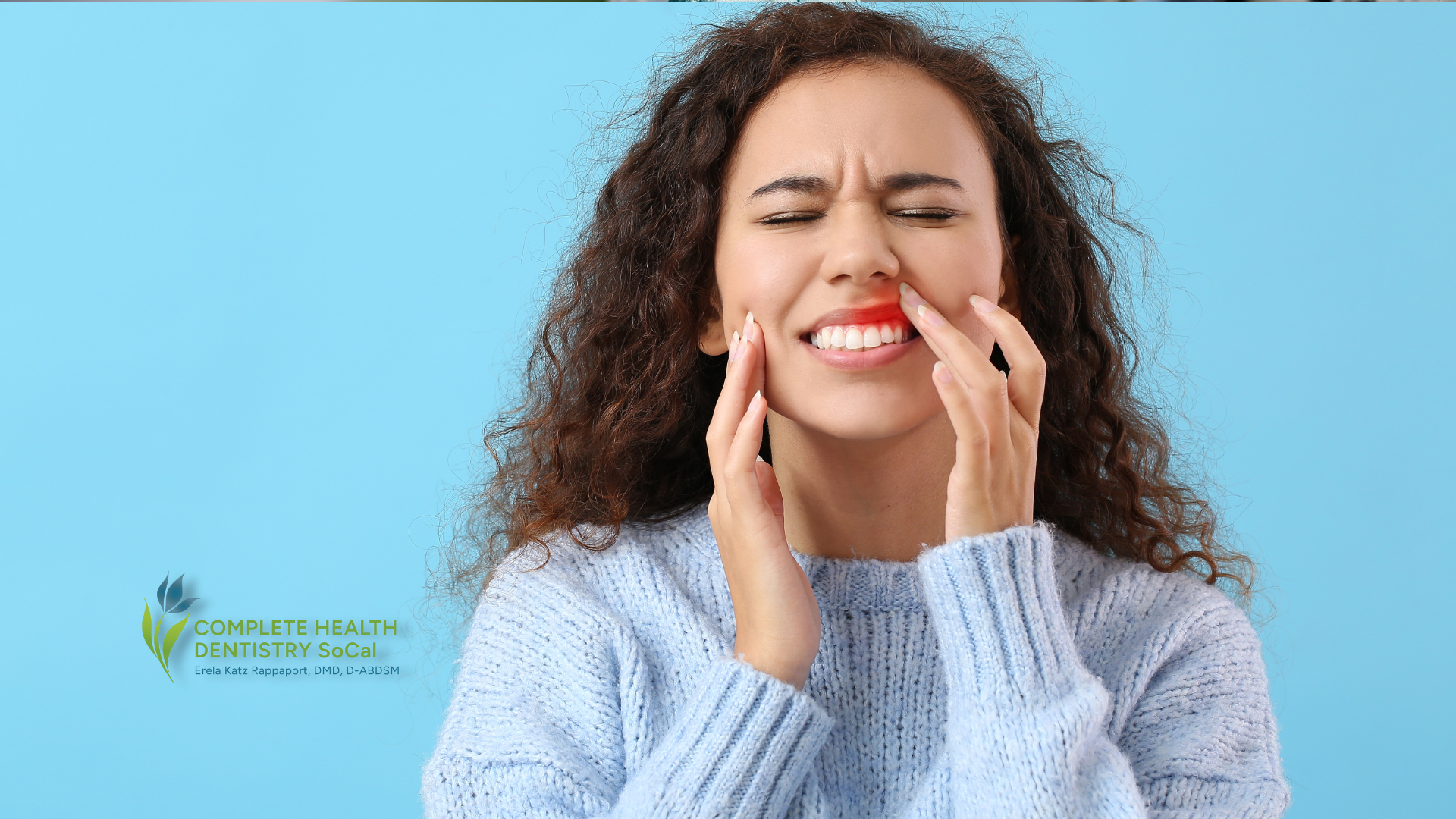The Link Between Oral Health and Sleep Apnea: What Your Dentist Sees That Your Doctor Might Not
When you think about sleep apnea, your dentist may not be the first healthcare provider that comes to mind. However, dentists are uniquely positioned to detect signs of obstructive sleep apnea (OSA) that often go unnoticed in regular medical checkups.
Your oral health can reveal vital clues about your sleep quality and overall health. In this blog post, we’ll explore how oral health and sleep apnea are connected and why your dentist plays an essential role in recognizing and treating this common yet serious condition.
How Oral Health and Sleep Apnea are Connected
Dentists examine more than just your teeth—they can spot signs of health conditions that extend far beyond your mouth. When it comes to sleep apnea, the following oral indicators may provide critical clues:
1. Bruxism (Teeth Grinding)
- Frequent teeth grinding is often linked to disrupted sleep patterns, including those caused by OSA.
- Dentists can identify bruxism by observing worn-down enamel, flattened teeth, or jaw pain.
2. Scalloped Tongue
- A scalloped or indented tongue often occurs when the tongue presses against the teeth due to a restricted airway.
- This is a common sign in people with OSA.
3. Dry Mouth
- Breathing through your mouth during sleep (common in OSA) can lead to chronic dry mouth.
- This condition increases the risk of cavities and gum disease.
4. High, Narrow Palate or Crowded Teeth
- Structural issues, such as a narrow airway or crowded teeth, may suggest a higher risk of airway obstruction during sleep.
What Your Dentist Can Do That Your Doctor Might Not
Comprehensive Airway Evaluation
Dentists trained in dental sleep medicine are skilled at evaluating your airway structure and identifying risk factors for OSA. This includes examining your jaw alignment, tongue position, and palate shape.
Custom Treatment Options
Dentists can provide oral appliance therapy, a highly effective and non-invasive treatment for mild to moderate OSA. These custom devices reposition the jaw and tongue to keep your airway open during sleep.
Collaboration with Sleep Physicians
A dentist may refer you for a sleep study if they suspect you have OSA, ensuring you receive a proper diagnosis and a collaborative treatment plan.
Why Early Detection Matters
Untreated OSA can lead to serious health issues, including:
- Heart disease and high blood pressure
- Diabetes
- Cognitive decline and memory issues
- Chronic fatigue and reduced quality of life
By identifying the oral signs of sleep apnea, your dentist can help you address the condition early and reduce your risk of these complications.
Take Control of Your Oral and Sleep Health
Your next dental checkup could be more important than you think. If you experience symptoms like snoring, daytime fatigue, or jaw pain, let your dentist know. Together, we can identify the root cause and help you breathe—and sleep—easier.
Ready to Learn More?
Contact our office today to schedule a consultation. We specialize in dental sleep medicine and offer solutions like oral appliance therapy to help you achieve better sleep and overall health.
